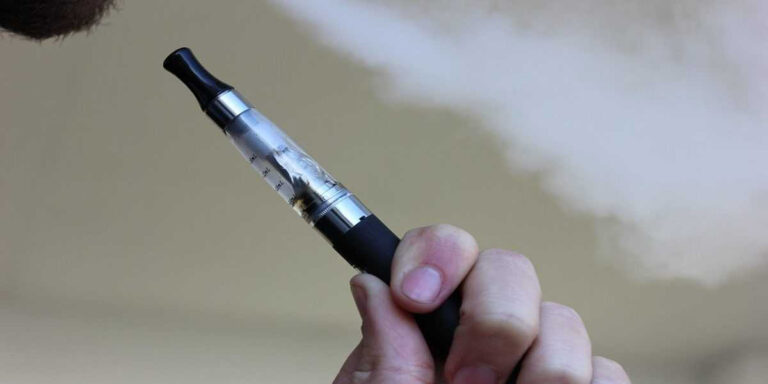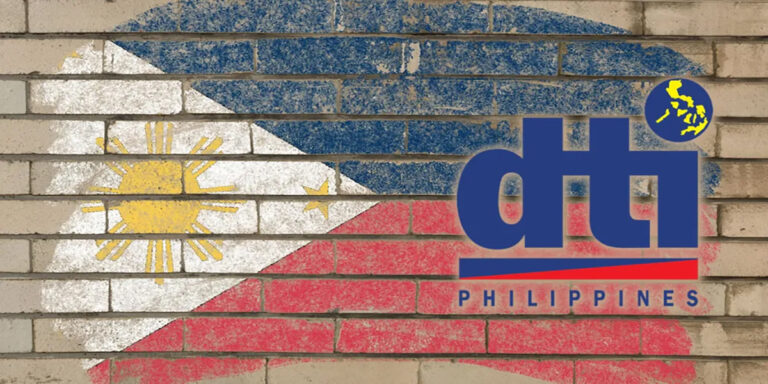Several Indonesian industry associations came together at the Indonesian Employers Association (APINDO) office to publicly oppose Government Regulation No. 28/2024 (GR 28/2024). This regulation introduces a plain packaging policy for tobacco products and e-cigarettes, which the industry argues will significantly harm Indonesia’s tobacco sector, a vital component of the national economy.
Industry’s Opposition to GR 28/2024
The opposition, spearheaded by key players in Indonesia’s tobacco sector, including manufacturers, farmers, unions, retailers, and advertisers, focuses on the plain packaging mandate. The regulation would standardize packaging, removing branding, logos, and colors. The policy also introduces regional sales restrictions, limiting where tobacco products can be sold.
Franky Sibarani, Vice Chairman of APINDO, voiced strong opposition to the regulation, emphasizing the critical role the tobacco industry plays in Indonesia’s economy, providing millions of jobs across various sectors. Sibarani criticized the government for adopting foreign policies without considering Indonesia’s unique social, cultural, and economic context. He warned that this regulation could lead to economic stagnation, particularly in tobacco-dependent regions.
Industry Concerns
Industry associations, such as GAPPRI (Indonesian Kretek Cigarette Manufacturers Association) and GAPRINDO (Indonesian White Cigarette Producers Association), expressed concerns over the potential impact of the regulation on jobs and business activities:
- GAPPRI and GAPRINDO warned of potential job losses and reduced business activity if plain packaging is enforced.
- DPN APTI (National Tobacco Farmers Association) highlighted that tobacco farmers, especially those in rural areas, would be disproportionately affected by the regulation.
The associations are also frustrated by their exclusion from the policymaking process, fearing that the interests of millions of workers in the tobacco sector are being overlooked.
Economic Importance of the Tobacco Industry in Indonesia
Indonesia’s tobacco industry is a major contributor to the national economy, providing employment and generating significant tax revenue through tobacco excise taxes. Industry leaders argue that plain packaging could lead to several economic challenges, including:
- Loss of brand identity: Plain packaging would hinder brands from differentiating their products, potentially reducing market share for local producers.
- Impact on employment: Millions of Indonesians work in tobacco farming, manufacturing, and retail, and the regulation could lead to widespread job losses.
- Economic decline in tobacco-dependent regions: Areas heavily reliant on tobacco farming and production may face severe economic setbacks.
Joint Statement and Call for Reconsideration
The industry associations signed a joint statement during the press conference, calling on the government to reconsider GR 28/2024 and the accompanying draft regulation (RPMK). The associations urged the government to conduct a more inclusive policymaking process, involving key industry stakeholders in discussions on tobacco regulation.
The industry’s unified stance emphasizes the need to balance public health concerns with the economic implications for millions of Indonesians who rely on the tobacco sector.
FAQs
What is Government Regulation No. 28/2024 (GR 28/2024)?
GR 28/2024 is a regulation that introduces stricter controls on tobacco products, including the implementation of plain packaging, which removes branding, colors, and logos, and introduces regional sales restrictions on where tobacco products can be sold.
Why are industry associations opposing the plain packaging proposal?
Industry associations argue that plain packaging will harm brand identity, reduce consumer choice, and cause significant job losses, particularly in regions dependent on tobacco farming. They also express concern over the negative impact on Indonesia’s economy, which benefits from the tax revenue generated by the tobacco industry.
How does the tobacco industry contribute to Indonesia’s economy?
The tobacco industry provides direct and indirect employment to millions of people in Indonesia, particularly in rural areas where tobacco farming is a major source of income. The industry also generates significant tax revenue through excise taxes, which support the national budget.
What are the potential economic consequences of the plain packaging policy?
Opponents warn that plain packaging could lead to:
Job losses in tobacco farming, manufacturing, and retail sectors.
Reduced sales and market share for domestic tobacco brands.
Economic decline in tobacco-dependent regions.
A decrease in tax revenue from the tobacco industry.
Which industry groups are opposing the plain packaging policy?
Key industry groups include:
GAPPRI (Indonesian Kretek Cigarette Manufacturers Association),
GAPRINDO (Indonesian White Cigarette Producers Association),
DPN APTI (National Tobacco Farmers Association),
as well as other retailers, unions, and advertisers involved in the tobacco sector.
What is the industry’s main argument against adopting international policies like plain packaging?
Industry representatives, such as Franky Sibarani from APINDO, argue that Indonesia’s economic and social conditions are unique. They believe adopting foreign policies, such as plain packaging, without considering Indonesia’s specific context, could lead to economic hardship and job losses in the tobacco sector.
What are regional sales restrictions, and why are they controversial?
Regional sales restrictions limit the areas where tobacco products can be sold, particularly near schools or public spaces. Industry groups argue that these restrictions could hurt local retailers and reduce consumer access, further impacting the tobacco industry’s sales.


















